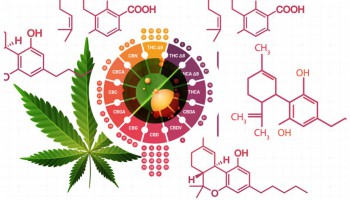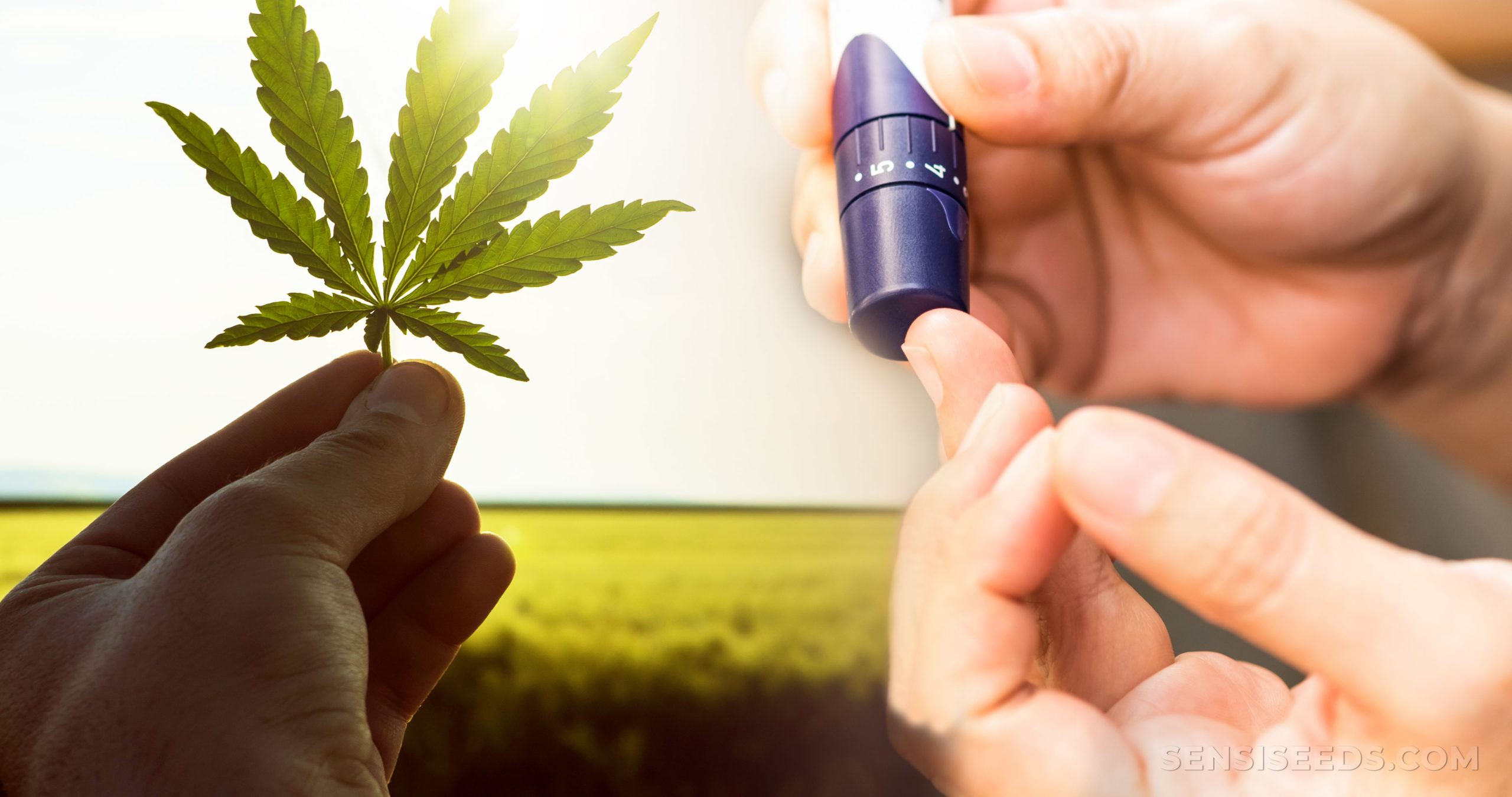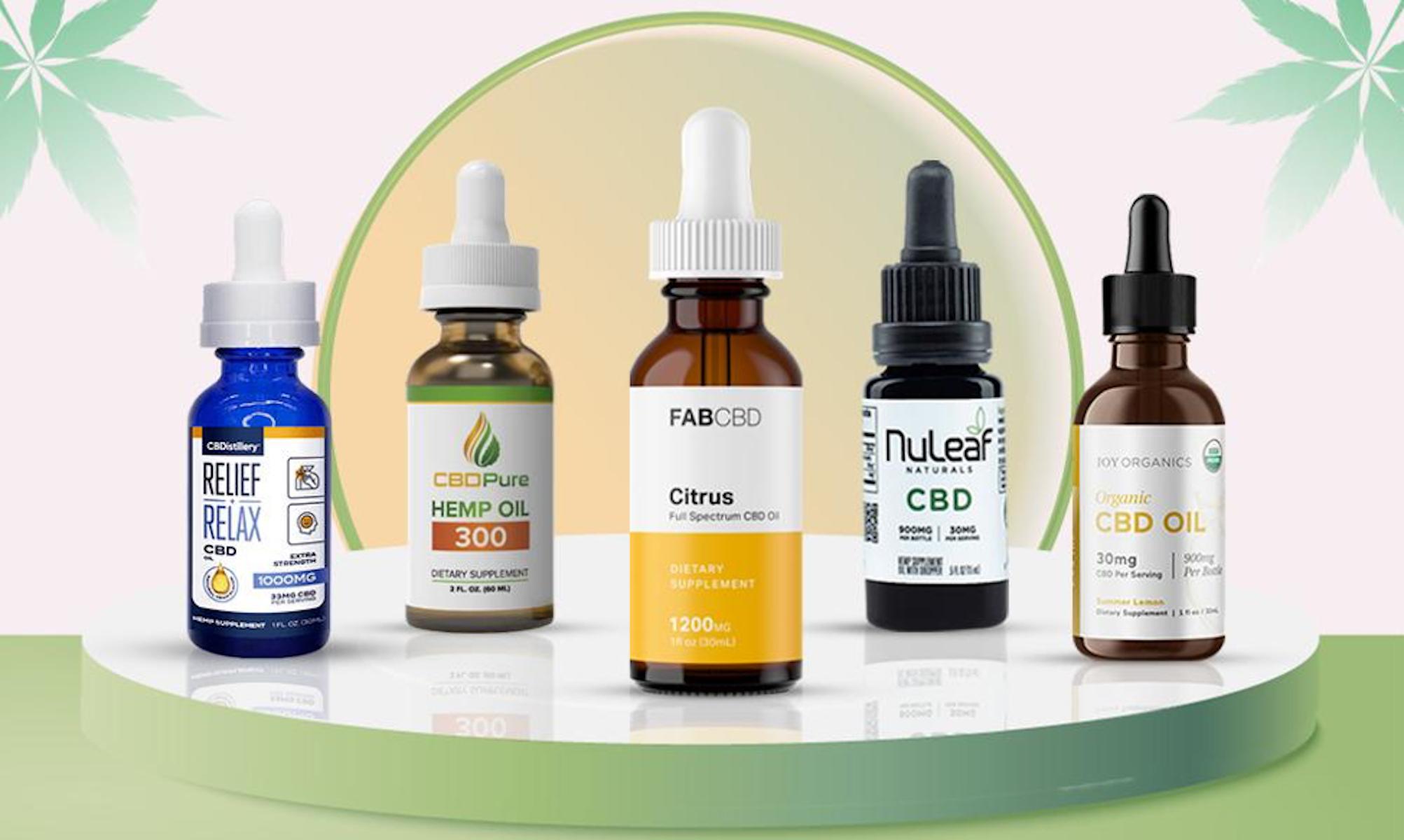
You are not the only one wondering if Montana legalizes hemp oil. This question has been debated for years. Montana has expanded its cannabis laws in the past decade.
But, Montana's laws regarding cannabis and hemp are very complicated. These laws have been regulated by the Department of Agriculture and the Department of Public Health and Human Services. These two agencies can be reached for more information. These two entities are responsible for CBD regulation in the state.
Montana's hemp cultivation activities are overseen by Department of Agriculture. It is a crime to sell marijuana products in Montana without a license. You will need an industrial hemp license in order to grow hemp. You also need to get a license in order to distribute CBD or hemp products.
Hemp oil is a product that is made from the cannabis Sativa seeds. This oil is high in omega 6 fatty acids and omega 3. Although it doesn't contain the same compounds found in cannabis plants, this oil is still considered a cannabis derivative.

Federal law prohibits the possession and use of marijuana. It is legal to possess and use marijuana for medicinal purposes. However, it is illegal to sell or possess it recreationally. Cannabis is also prohibited in public places.
Though hemp-based products have been legalized in Montana for some time, it's not clear what the future laws will be. A lot of the laws in this state can be very vague.
As of May 2019, the Montana legislature passed a bill that mirrors the distinction between marijuana and hemp. The bill allows for the establishment of a hemp certification program by the Department of Agriculture. It also prohibits the sale or distribution of cannabis-based products to nonmedical marijuana card holders.
Montana's many stores carry hemp-based as well as cannabis-based products. These products include oils, fiber, or supplements. All these products are legal to buy and possess. You can find more information at the Montana CBD Legal Guide.
The 2004 Montana Medical Marijuana Act was approved by Montana voters. It allowed legal cannabis use for patients. Currently, the state has three pieces de legislation that deal with medical cannabis. The legislature tried to repeal this law in 2011. Despite the attempts to repeal the law, the governor vetoed it.

The Montana Department of Agriculture regulates all aspects of the cultivation, processing, and sale of hemp. To grow hemp in Montana you must apply for a license. Your initial application includes key participant information, a background check, and a risk acknowledgment statement. In addition, you will need to pay a nonrefundable application fee of $850.
You will need a Montana hemp license before you can plant hemp. A certificate proving that hemp is not high in THC will be required. Once you have a license, you can begin to produce, process, and distribute hemp-based products.
FAQ
Where can I find CBD products?
CBD can also be purchased at your local store or online. Online retailers are more likely to offer you better deals. Many websites sell CBD products containing industrial hemp.
If you prefer to shop locally, look for brick-and-mortar businesses that specialize in selling CBD products.
There are laws in many states that allow CBD products to be purchased without the need of a prescription. CBD products might be available for purchase at your local pharmacies if you're a resident in one of these states.
CBD products can be delivered directly to your front door.
Can CBD have a future in medicine?
Yes. But not because of its medical benefits but rather due to its ability to help people feel better without getting high.
The fact that it doesn't make you feel any different when you use it makes it perfect for those who are looking for an alternative to prescription drugs.
And as we know from studies, there is a lot of evidence showing that cannabis helps with pain relief, anxiety, depression, insomnia, and many other conditions.
Cannabinoids found in cannabis also interact with the receptors in our brains. This interaction leads to feelings of relaxation.
It is essential to learn about CBD oil and its effects if you want to use it for health reasons.
What are the differences in CBD price between different states?
Prices for CBD products vary widely depending on where you live. In fact, prices can differ by more than ten times!
Prices increase in the north. CBD in Alaska costs $35 per gram. In Hawaii, however, it costs about $200 per gram.
This trend is continuing across the country. Prices range from $5 up to over $2,500 for a gram.
This is what's the deal?
Price variations are due to the different levels of regulation. Some states require that CBD products contain no THC (the psychoactive ingredient of marijuana). Others do not care about the level of THC.
This is why some companies decide to sell products in one country and then send them to another.
Can I use CBD during pregnancy?
It is not clear if CBD is safe for use during pregnancy.
But based on the limited amount of information available, it appears unlikely that CBD would cause harm to the baby.
Pregnant mothers should not consume CBD unless it is recommended by their doctor.
The Food and Drug Administration has issued a warning regarding potential risks of CBD use during pregnancy.
FDA claims that "there are some evidences that cannabis consumption during pregnancy may increase the likelihood of miscarriage."
The agency stated that further research is required before a firm conclusion could be drawn.
Is CBD a good idea to invest in?
The market for hemp-based products continues to grow as people become increasingly aware of their benefits. According to some estimates, there will be 1 billion dollars worth of hemp-based products in stores by 2022.
The market is also expected to continue growing at an annual rate of over 20% until 2020, when it reaches $2.5 billion.
Hemp oil is already used in many beauty and health care products such as lotions, shampoos, lip balms, moisturizers, body butter, and skin creams.
Many companies also make CBD-infused snacks, pet food, treats, and other food products.
CBD is currently legally available in all 50 States. However, this could change soon. More research into CBD's potential uses will be done, which will make it easier for businesses and law enforcement to do business legally.
These are all factors that make CBD investments a viable venture.
Is the CBD industry saturated?
CBD industry has a growing rate of 25% annually. This growth rate is expected to continue at least for five more years. In fact, the industry is projected to grow from $2 billion today to $5 billion by 2020.
Two companies are currently dominating the CBD market - GW Pharmaceuticals & Canndoc Ltd. Both are focused on developing pharmaceutical-grade products. But they have not been particularly successful. Both are struggling in the marketplace to gain traction.
Cannabidiol, or CBD (cannabidiol) is a cannabis extract that contains less 0.3% THC. It has no psychoactive effects. It is used for treating epilepsy and other medical conditions. It is also commonly used as a dietary supplement.
There are many different types of CBD products available. Some CBD products contain whole plant extracts. Others use CBD-rich cannabinoids.
All these products have in common that they contain low levels of THC.
They are thus legal under US federal legislation. You still need to comply with local laws when you sell CBD products. It is important to check the regulations in your state for CBD products.
Additionally, CBD products in some states are illegal. These states include California, Colorado and Mississippi, Missouri. New York, North Carolina. Ohio. Oklahoma. Oregon. Rhode Island. South Dakota. Texas. Utah. Virginia. Washington.
CBD products are not recommended for people who live in these states.
Statistics
- A recent study [161] also found that in vitro CBD treatment (i.e., ≤ 2 h exposure to 10 μM) induced ~40% vasorelaxation in isolated (pre-constricted) (ncbi.nlm.nih.gov)
- A recent systematic review of human trials also reported that individuals with epilepsy receiving CBD (5–20 mg·kg−1·day−1) were more likely to experience decreased appetite than those receiving placebo (i.e., ~20 vs. 5% of patients) (ncbi.nlm.nih.gov)
- As a substance that was federally illegal before the passage of the 2018 Farm Bill, hemp-derived cannabinoids with no more than 0.3% THC still face a regulatory grey area. (forbes.com)
- While the primary injury may not be treatable, interventions that attenuate secondary sequelae are likely to be of benefit [203].Only one study (ncbi.nlm.nih.gov)
- The inhibition of FAAH is predicted to lead to an increase in brain and plasma concentrations of AEA, which acts as a partial agonist at CB1R and CB2R, thereby increasing endocannabinoid tone [92, 110]. (ncbi.nlm.nih.gov)
External Links
How To
How to Get Certified To Sell CBD Products
CBD (cannabidiol), a cannabinoid found in cannabis plants, is just one of the many. It's been used medicinally throughout history, including traditionally in China, India, and many South American countries. Because it can treat conditions such as anxiety, pain, epilepsy and inflammation, CBD has seen a rise in popularity over the years. However, CBD products cannot be sold by anyone unless they are certified by the U.S. This means that any person who wants to sell CBD products must use the "unofficial" process called self-certification.
There are two ways to go about this. The first option is to join a canna business association. You can get support and advice from other members while learning from them. There are currently numerous associations all over the country. You can also go online and start your own business. Many states allow canna businesses to operate online. If you have the permission, you can start accepting orders and set up your website. But, you still need to register with your state's Department of Public Health. Once you've registered, you'll be able to apply for a license through your state's department of public health. Once you receive your license, you're officially allowed to open your store and begin accepting orders.